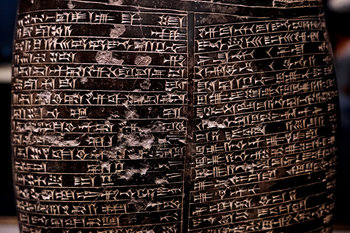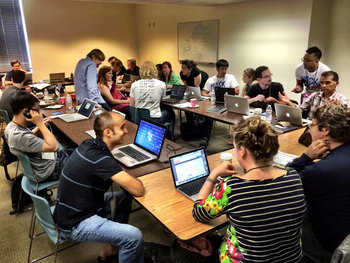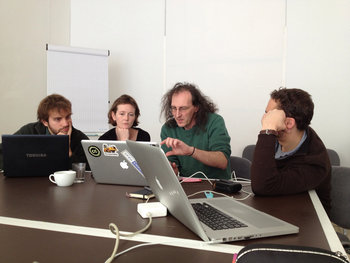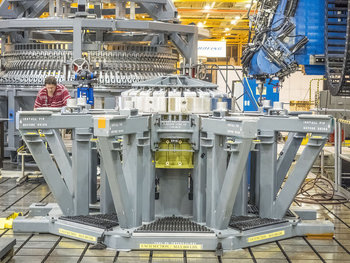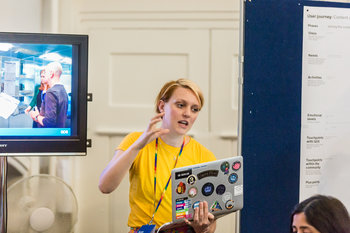

Version Control
Policies and tools for implementing a system of version numbers for documents. Typically all versions of documents are retained with metadata such as a document description.Change Tracking
Policies and tools for tracking change to a document. For example, a change history table within a document itself.Document Tracking
Tools for tracking access, updates, deletions, sharing and other document related events.Reviews & Approvals
Processes, policies and tools for reviews and approvals of documents.Audit Trail
Keeping a record of who has accessed or changed documents together with security information such as their user id and IP address.Structure & Organization
The structural design of shared document environments. For example, being able to view documents by customer, project and team in a clear and concise information structure.Sharing
Processes, policies and tools for distribution of documents to internal and external stakeholders.Document Lifecycle
The process of capturing, reviewing, maintaining and disposing of documents.Compliance
Compliance to the law in areas such as privacy and retention of information.Information Security
Information security is a primary concern in the control of documents. For example, selection of tools and design of distribution policy may be primarily focused on preventing a data breach.| Overview: Document Control | ||
Type | ||
Definition | The process of ensuring that organizations realize value from documents without being exposed to unnecessary risks. | |
Related Concepts | ||







